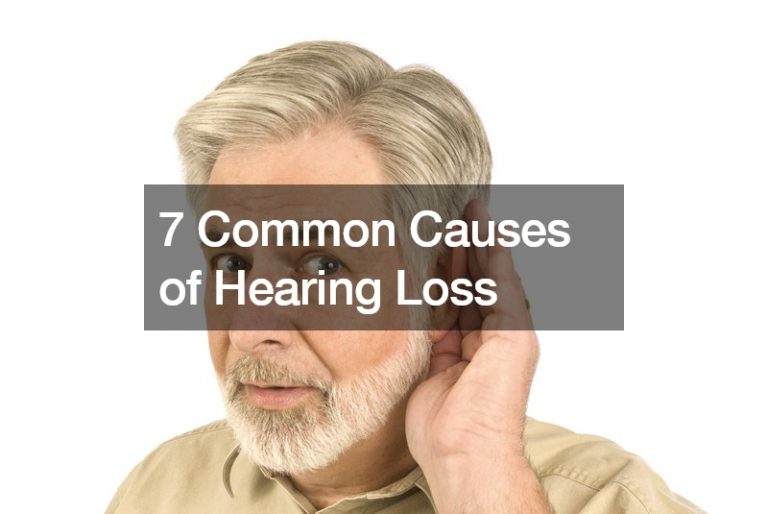• Stress and tension are common causes of jaw pain, leading to tightness in the facial muscles.
• Teeth grinding can cause pressure on the temporomandibular joint (TMJ), resulting in chronic pain, headaches, and fatigue.
• TMJ disorder is characterized by chronic inflammation and misalignment of the joint connecting the lower part of your jaw with your skull.
• Impacted wisdom teeth can cause inflammation, swelling, and discomfort in the area around your jaw.
• Treatment for jaw pain may include resting the jaw, medications, orthodontic treatment, or even surgery.
Have you been experiencing constant pain in your jaw? If so, you are not alone. According to studies, more than 10 million Americans suffer from jaw pain, making it a surprisingly common issue. Jaw pain is one of the most common complaints among adults and can be caused by various factors.
Why Your Jaw is in Constant Pain
If you have been experiencing constant jaw pain, you may have assumed it is related to a dental issue. While this can be true, you may feel pain in your jaw for many other reasons. Here are some of the most common causes:
Stress-Related Jaw Pain
Stress is one of the most common causes of jaw pain. When you’re stressed, your body releases hormones that cause your muscles to tense up, including those in your face. This can lead to tension and tightness in the area around your jaw, resulting in pain or discomfort.
Teeth Grinding
Another possible cause of jaw pain is teeth grinding (bruxism). Teeth grinding can occur during the day or at night while you are sleeping. It often happens when people are under a lot of stress or have an abnormal bite alignment. Teeth grinding can put pressure on the temporomandibular joint (TMJ), which connects the lower part of the jaw to the skull and controls movement when talking or chewing food. This can lead to chronic pain in that area, headaches, and fatigue.
TMJ Disorders
Finally, another possible cause of constant jaw pain could be a disorder known as temporomandibular joint (TMJ). TMJ disorder is characterized by chronic inflammation due to misalignment or injury of the joint that connects the lower part of your jaw with your skull. Symptoms include the following:
- Chronic facial pain
- Difficulty opening or closing the mouth
- Clicking noises when opening/closing
- Popping sounds when moving the joint
- Locking sensation in the jaw
- Tinnitus (ringing in ears)
- Vertigo
- Visual disturbances such as double vision or blurred vision
- Migraines
- Shoulder/arm aches/pain
- Backaches/pain
Impacted Wisdom Tooth
Impacted wisdom teeth can also cause jaw pain. An impacted tooth has been trapped in the bone or gum tissue and fails to fully erupt, resulting in a blockage of the tooth’s eruption path. This can lead to inflammation, swelling, and discomfort in the area around your jaw.

Finding Relief From Jaw Pain
The first step in finding relief from jaw pain is identifying the underlying cause. Once you know what is causing your pain, you can look for treatment options. Here are some of the most common treatments:
Resting the Jaw
If stress is causing your jaw pain, one of the best things you can do is give your jaw a break. Avoid activities that strain your jaw, such as chewing gum. Also, try to relax your jaw muscles by stretching gently. Do this by holding your tongue to the roof of your mouth and slowly opening and closing your jaw.
Medications
If TMJ disorder is causing your pain, you may be prescribed anti-inflammatory medications to reduce inflammation in the joint. These medications can help alleviate some of the pain associated with TMJ disorder. Your dentist may also suggest muscle relaxants such as diazepam, cyclobenzaprine, or tizanidine to help reduce tension and stiffness in the jaw.
Orthodontic Treatment
If an uneven bite alignment is causing your jaw pain, orthodontic treatment such as braces may help correct the problem. This can relieve pressure on the joint and help you find relief from jaw pain. You can also use an oral appliance, such as a splint or night guard, to reduce the amount of grinding and clenching contributing to your jaw pain.
Surgery

You may need to undergo wisdom tooth removal surgery to remove an impacted tooth that’s causing your jaw pain. This procedure can help relieve the pressure and pain around your jaw. Wisdom tooth removal is necessary, especially when the wisdom tooth is causing infection or other dental problems such as crowding or displacement of other teeth.
Jaw pain is a common issue and can be caused by many factors. If you are experiencing constant jaw pain, seeking professional help to identify the cause and determine the best treatment option is important. With proper diagnosis and treatment, you can find relief from your jaw pain and improve your quality of life.






